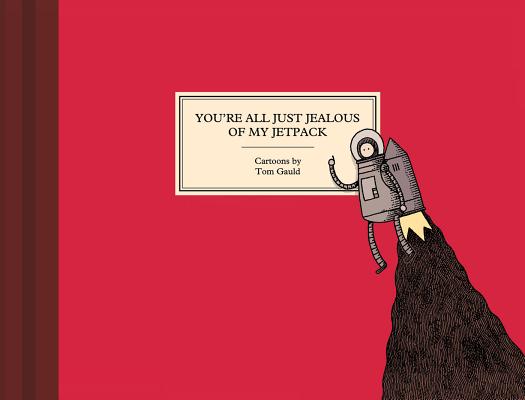
This week, the theme is one of reference: nods to other works, incorporation of other continuities, tributes overt and subtle. These books range from horror epics to intimate memoirs; at least one also features a video game based on the lives of the Brontë sisters. So there’s that.
I’ve somehow slept on the novels of Joe Hill, despite having gotten somewhat addicted to Locke & Key, the comic he’s created with artist Gabriel Rodriguez, in the past year. (The long-term plotting in it is utterly fantastic: stray lines that seem arbitrary turn out to be setting things up years in advance. Seriously: in awe.) His new book NOS4A2 does have a monster at its center, and the license plate that gives the book its title suggests something of the nature of that monster. Except that it’s more of a reference than an actual statement: there are sharp teeth and unnaturally lengthened lives here, but those who go into the book expecting dark castles, cloaks, and blood being drunk from unwitting necks may exit in confusion.
Which would be a shame, given that Hill’s book is masterfully creepy from its opening pages, in which a late-shift nurse finds herself confronted by a very old, very sinister man seemingly in a coma. Hill understands well that horror can be created out of discontinuity: play a Christmas song in December and no one minds; play dozens of them in the spring, and pretty soon you can’t shake the sense that something is wrong. The same is true for his villain, whose speech patterns are overly jovial and just a little too formal; by novel’s end, I was getting the chills just from reading certain bits of dialogue. Not a bad trick at all.
Hill peppers his book with nods to other writers; if I hadn’t known before that he was an admirer of David Mitchell’s work, I would have done so here, as there are more than a couple of tributes to Mitchell’s fiction. And as a New England-based horror writer, Hill also nods in the direction of one H.P. Lovecraft, whose work also informs Molly Tanzer’s collection A Pretty Mouth. The book is presented as a series of histories of one particularly unsettling family, the Calipashes — across hundreds of years of history. The first story is the most overtly Lovecraftian, though there’s also more than a little Wodehouse in there. (It stacks up favorably against Alan Moore’s similar mash-up in one of the League of Extraordinary Gentlemen books.) It’s fun, but when Tanzer gets deeper into the book and bodies change, souls migrate, and conspiracies unravel, her work becomes more unsettling in its own way.
There’s the sort of horror evoked by monsters cosmic and mundane, and then there’s the quieter kind of terror that economic and familial anxiety can bring. Reading Benjamin Anastas’s memoir Too Good to Be True, I found myself at times revisiting the old horror-movie tropes of wanting to shout, “Don’t go in that room!” (or the literary memoir’s equivalent.) Anastas tells his own story: after two acclaimed novels, his marriage fell apart, his precarious financial situation became even more so, and he was unable to find a taker for his third book in the US. Some of the conflict here comes from bad decisions; others, from bad luck, and still others from more widespread anxieties: a bad economy, student-loan debt, etc. Across this book’s fragmented structure, Anastas endeavors to be a better father to his young son, make progress on his own writing, and reach some measure of financial stability. It was a harrowing read at times, but also a worthwhile one; I’m curious to read his other novels before long.
All of which brings me around to Tom Gauld’s You’re All Just Jealous of My Jetpack, a collection of short comics recently released by Drawn & Quarterly. I’d been familiar with some of Gauld’s work before this, including a terrific strip riffing on Tom Waits. The aesthetic at work here is somewhere between Hark! A Vagrant and xkcd — unabashedly literary and unabashedly geeky, with nods to literary rivalries, Victorian tropes, and the glories of 50s science-fiction imagery.
Plus, you get to see Martin Amis as an adorable cartoon penguin. What’s not to like?
Follow Vol. 1 Brooklyn on Twitter, Facebook, Google +, our Tumblr, and sign up for our mailing list.
